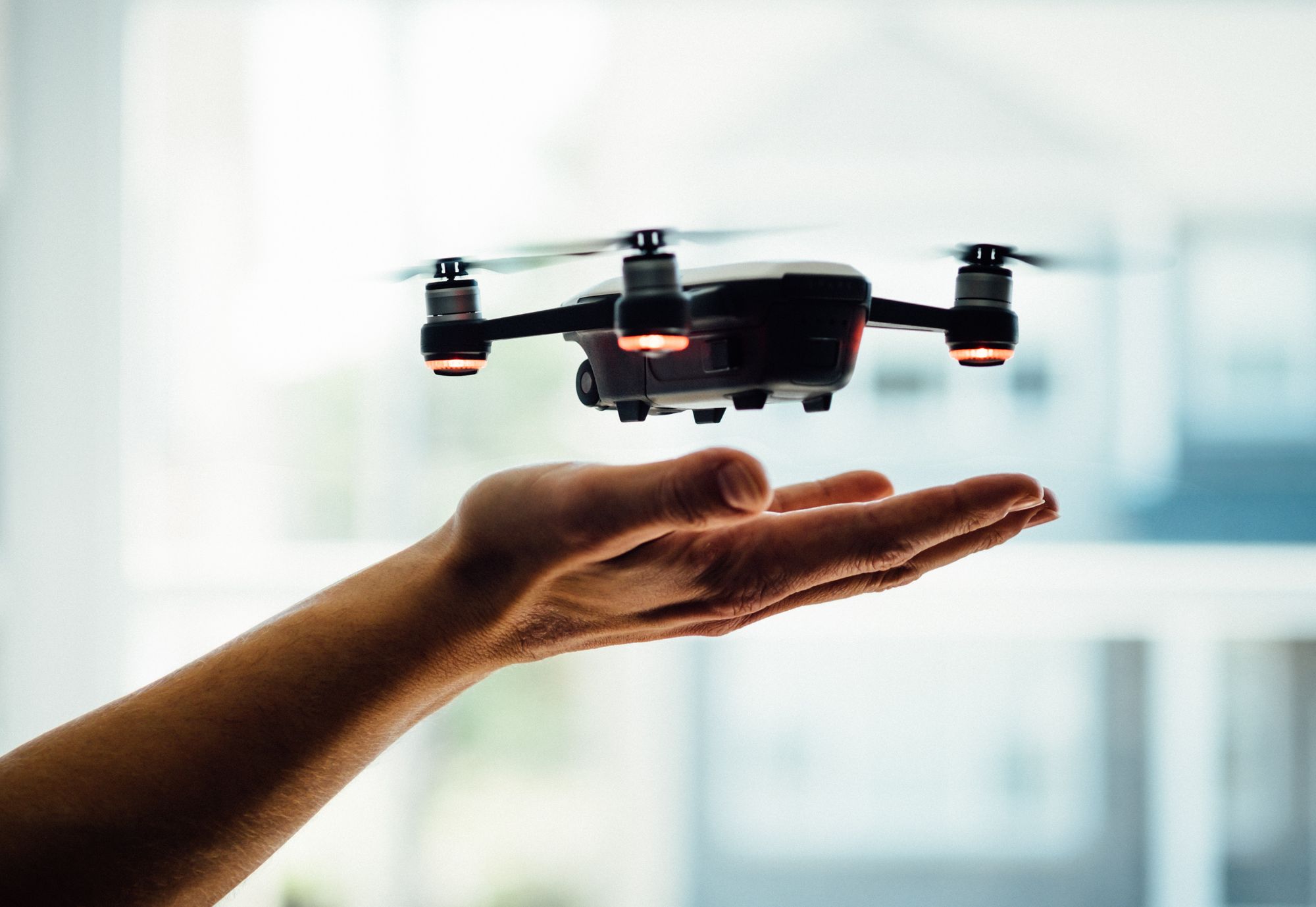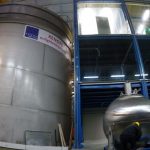Soft Landing: A partnership between European incubators for developing international innovation
 How can European startups be encouraged to reach beyond their countries’ borders to develop internationally? How can they come together to form new collaborations? The Soft Landing project, in which business incubator IMT Starter is participating, allows growing startups and SMEs to discover the ecosystems of different European incubators. The goal is to offer them support in developing their business internationally.
How can European startups be encouraged to reach beyond their countries’ borders to develop internationally? How can they come together to form new collaborations? The Soft Landing project, in which business incubator IMT Starter is participating, allows growing startups and SMEs to discover the ecosystems of different European incubators. The goal is to offer them support in developing their business internationally.
“Europe certainly acknowledges the importance of each country developing its own ecosystem of startups and SMEs, yet each ecosystem is developing independently,” explains Augustin Rads, business manager at IMT Starter. The Soft Landing project, which receives funding from the European Union’s Horizon 2020 program, seeks to find a solution to this problem. “The objective is, on the one hand to promote exchanges between the different startup and SME ecosystems, and on the other hand to provide these companies with a more global vision of the European market beyond their borders,” he explains.
Soft Landing resulted from collaboration between five European incubators: Startup Division in Lithuania, Crosspring Lab in the Netherlands, GTEC in Germany, F6S Network in the UK, and IMT Starter, the incubator run by Télécom SudParis and Télécom École de Management in Évry, France. As part of the project, each of these stakeholders must first discover the startup and SME ecosystems developing in their partners’ countries. Next, interested startups that see a need for this support will be able to temporarily join an incubator abroad, for a limited period.
Discovering each country’s unique characteristics
Over the course of the two-year project, representatives from each country will visit partner incubators to discover and learn about the startup ecosystem that is developing there. The representatives are also seeking to identify specific characteristics, skills, and potential markets in each country that could interest startups in their own country. “Each country has its specific areas of interest: the Germans work a lot on the theme of the industry, whereas in the Netherlands and Lithuania, the projects are more focused on FinTech, “Augustin Radu adds. “At IMT Starter, we are more focused on information technologies.”
Once they have completed these discovery missions, the representatives will return to their countries’ startups to present the potential opportunities. “At IMT Starter, we have planned a mission in Germany in March, another in the Netherlands in April, in May we will host a foreign representative, and in June we will go to Lithuania,” Augustin Radu explains. “There may be other missions outside the European Union as well, in the Silicon Valley and in India.”
Hosting foreign startups in the incubators
Once each incubator’s specific characteristics and possibilities have been defined, the startups can request to be hosted by a partner ecosystem for a limited period. “As an incubator, we will host startups that will benefit from our customized support.” says Augustin Radu. “They will be able to move into our offices, take advantage of our network of industrial partners, and work with our researchers and laboratories. The goal is to help them find talent to help grow their businesses.”
“Of course, there is a selection process for startups that want to join an incubator,” the business manager adds. “What are their specific needs? Does this match the host country’s areas of specialization?” In addition, the startup or SME should ideally have an advanced level of maturity, be well rooted in its country of origin and have a product that is already finalized. According to Augustin Radu, these are the prerequisites for a company to benefit from this opportunity to continue its development abroad.
Remove barriers that separate startups and research development
“While all four of the partner structures are radically different, they are all very well-rooted in their respective countries,” the business manager explains. IMT Starter is in fact the only incubator participating in this project that is connected to a higher education and research institution, IMT. A factor that Augustin Radu believes will greatly enhance the French incubator’s visibility.
In addition to fostering the development of startups abroad, the Soft Landing project also removes barriers between companies and the research community by proposing that researchers at schools associated with IMT Starter form partnerships with the young foreign companies. “Before this initiative, it was difficult to imagine a French researcher working with a German startup! Whereas today, if a young European startup joins our incubator because it needs our expertise, it can easily work with our laboratories.”
The project therefore represents a means of accelerating the development of innovation, both by building bridges between the research community and the startup ecosystem, as well as by pushing young European companies to seek an international presence. “For those of us in the field of information technology, if we don’t think globally we won’t get anywhere!” Augustin Radu exclaims. “When I see that in San Francisco, companies immediately think about exporting outside the USA, I know our French and European startups need to do the same thing!” This is a need the Soft Landing project seeks to fulfill by broadening the spectrum of possibilities for European startups. This could allow innovations produced in the Old World to receive the international attention they deserve.





Leave a Reply
Want to join the discussion?Feel free to contribute!